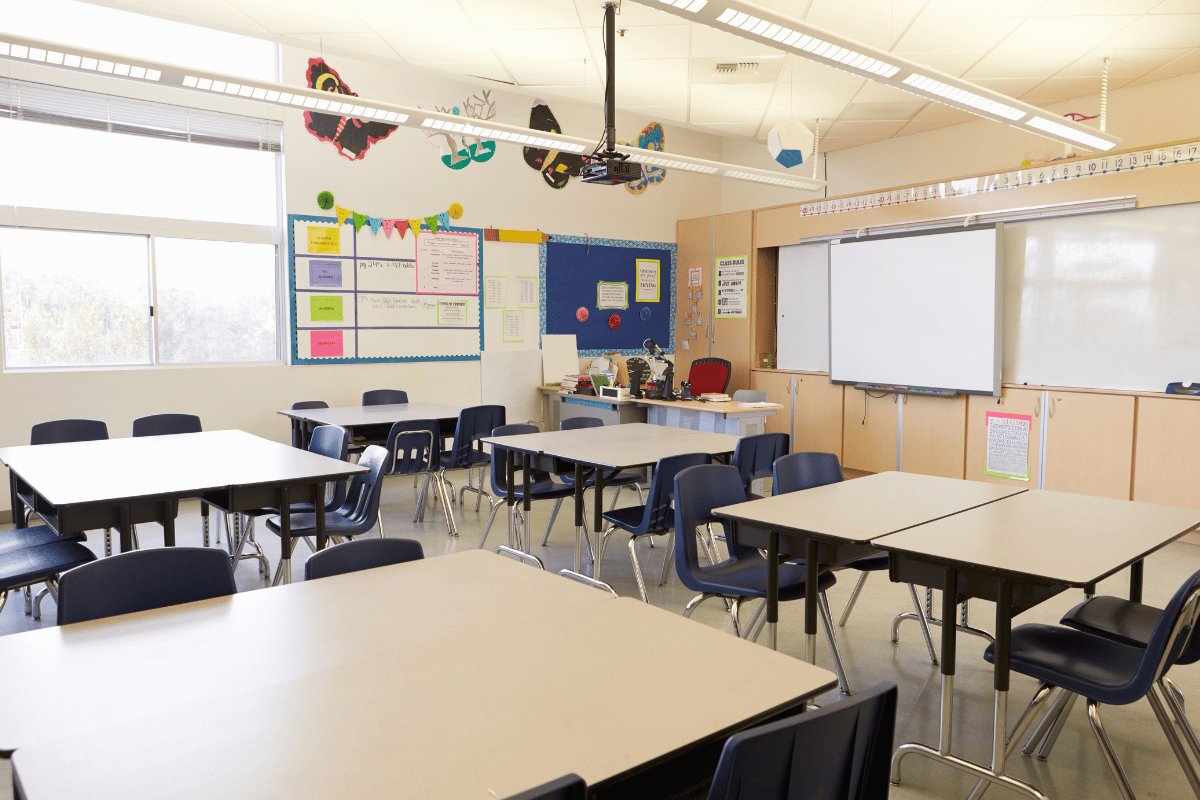
When I started my teaching career in 2004, devices didn't exist, teachers didn't have emails (or laptops!) and staff meetings were informative and short.
We discussed: the logistics around upcoming performances or events, the well-being of students, and learning activities that had been enjoyed and/or led to success.
Now, we primarily discuss data. And I'm sick of it.
Data is destroying education.
In schools, data refers to (but is not limited to):
- individual and whole-school assessment and overall grades
- individual and whole school NAPLAN results and their comparison to other schools
- assessment data from state-run and school-based programs
- quantitative surveys of students, teachers and families
There's a teacher shortage and every year, more and more of us are leaving the profession. Yes, the reasons for this vary with difficult to manage classrooms ranking at the top. But for me, it's the data.
I'm not leaving because I don't love educating. It's largely because I cannot get on board with the ever-increasing focus on data. The vast majority of learning activities are grounded in measurable, comparable results in figures. We don't read and discuss poetry for pleasure or so we can make a lovely poem for a family member; we do this briefly and then focus on teaching students the criteria of the rubric for the poetry assessment, so we can grade them on their final poem/s.




























































































